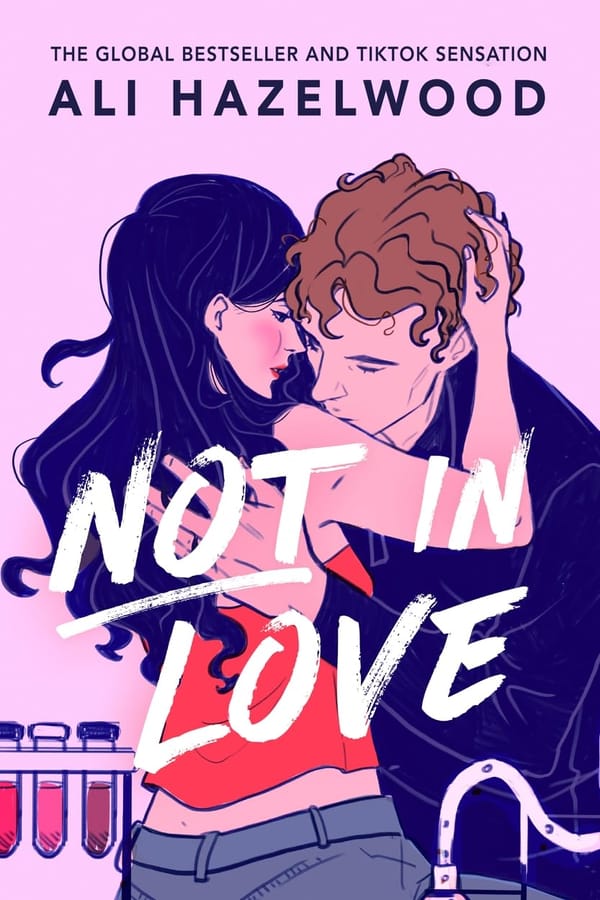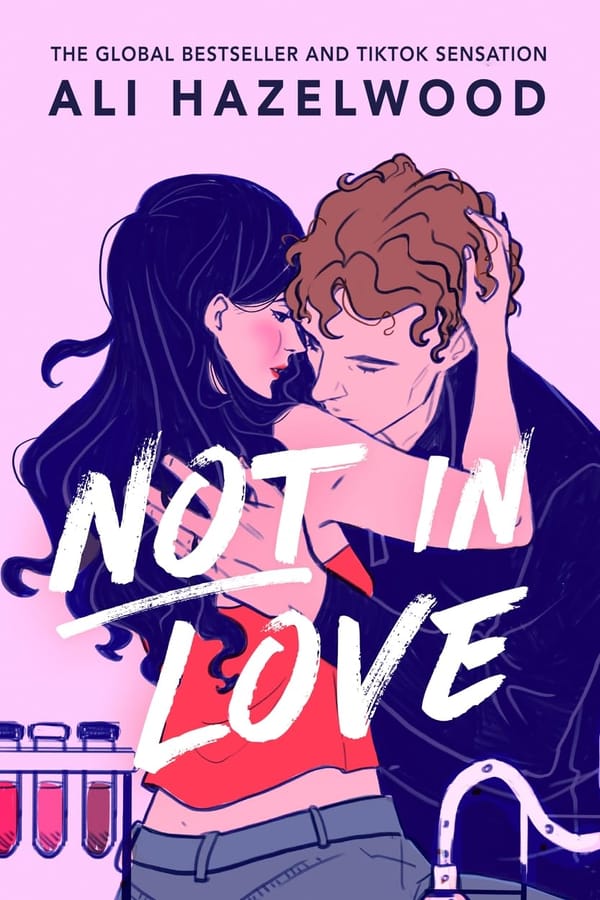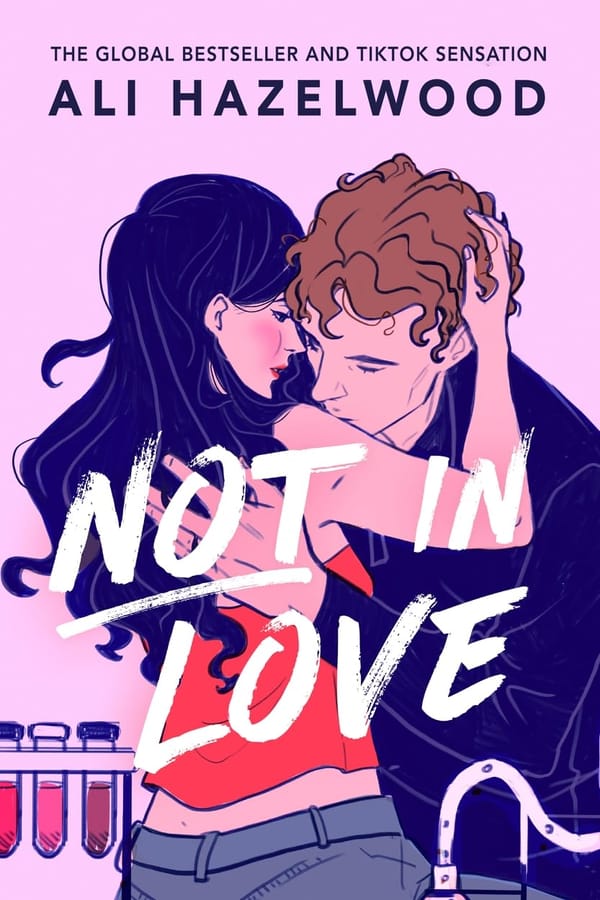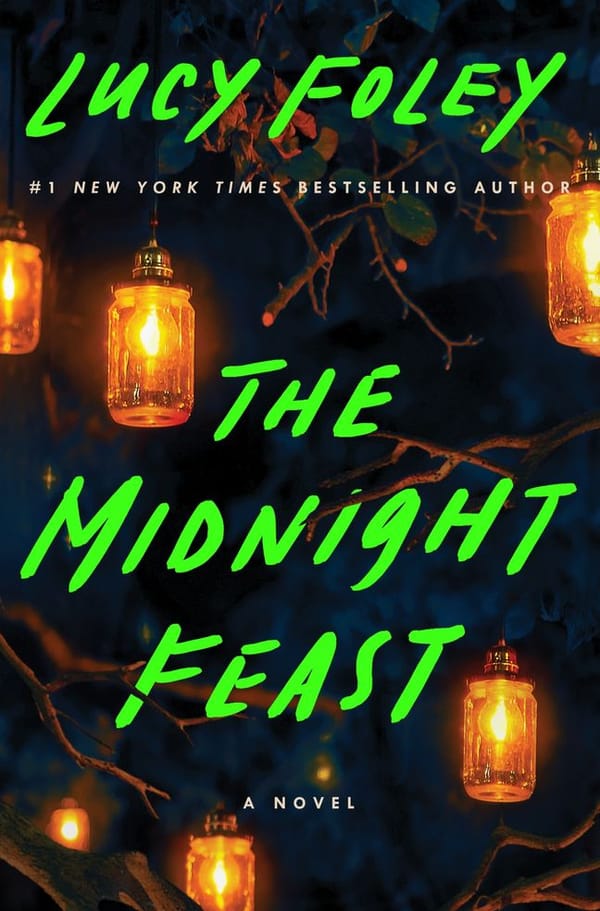Chapter 1: One Way Back: A Memoir
On June 27, 2018, I was sitting on the beach. I had been there all day every day for two and a half weeks while my twelve- and fifteen-year-old sons took part in the Santa Cruz Junior Lifeguard Program, as they’d done every summer since they were six years old.

Santa Cruz
On June 27, 2018, I was sitting on the beach. I had been there all day every day for two and a half weeks while my twelve- and fifteen-year-old sons took part in the Santa Cruz Junior Lifeguard Program, as they’d done every summer since they were six years old. The smell of seaweed and sunscreen cut through the crisp Northern California air. I felt more at home there than perhaps anywhere else in the world. I’d dyed the underside of my hair blue (an annual summer ritual that signified me being out of the office and off duty from my teaching job) and had fully settled into the slow pace of beach life, the layers of my blonde hair ending in cascading blue waves for good measure.
My main responsibility that summer was loading the surfboards, wet suits, and tent into the car and packing the cooler each day with enough supplies to keep myself and two young boys from getting hungry and cranky. My husband, Russell, had a job that wasn’t as flexible as mine, so he spent far less time in Santa Cruz. He loves to surf too and joined us on the weekends.
I’d been obsessively following the status of the boys in Thailand who had been stuck in a cave with their soccer coach. I usually tuned out the news during the summer—we didn’t even have cable on the big old TV at our beach house—but I couldn’t help checking for an update on the boys’ situation. Among the various headlines, one caught my eye: “Anthony Kennedy Retiring from the Supreme Court.” “Hmmm,” I thought. “I’ll need to read more about that later.”
That night, I skimmed as many articles as I could find, seeing a name that I’d tried to forget for decades pop up repeatedly. Pundits said he was the likely successor since he was Kennedy’s clerk. But it all seemed to be speculation at that point. “Surely it won’t be him,” I told myself.
Within two days, I started seeing his name mentioned more and more in predictions of who would be nominated. I decided to mention it to my friends Kirsten and Jim, who spent most days on the beach with me as our kids did their Junior Lifeguard activities.
Kirsten is an accountant and the mother of four, including triplets. Perhaps she’s always been even-keeled, but I imagine that hardly ever being able to keep all her children in view at the same time has forced her into an extraordinary state of maternal Zen. I’ve never seen her freak out or even look visibly stressed out.
Jim is from Kentucky, but besides a slight drawl, he could easily pass for a native Californian, with a tall, thin athletic build and health-nut habits. He had been my friend for ten years, though we only saw each other in the summer during Junior Lifeguards. While the other parents left immediately after drop-off, we stayed at the beach all day. I stayed because of the ocean (and because in traffic it was about a thirty-minute drive back to our beach house), and Jim stayed because his kid has type 1 diabetes and he needed to check his insulin after exercises like sand running and lengthy cold-water swimming. Jim, Kirsten, and I had forged a casual friendship over the years, chatting about work and kids. I was about to change all that.
“So, Justice Kennedy is retiring from the Supreme Court and I was attacked in high school and now that guy might get the job,” I blurted out to them. “What are the odds of that!”
I described it like it was simply a case of bad luck: I happened to be the person this guy attacked, and now he happened to be one of the people in line for one of the most powerful jobs in the country. A lifetime appointment, at that.
Kirsten’s facial expression didn’t change as she calmly replied, “Oh, wow.” And Jim, who had worked as a photographer for the San Jose Mercury News, casually told me that if I wanted to talk to someone in the media, he could help.
Despite the nonchalance, I felt like I should probably do, well, something. But what was the protocol? Luckily, Kirsten, Jim, and I had nothing but time on the beach to figure it out. Perhaps it was the kumbaya vibes, sitting barefoot in the sand, but we assumed it could be easily resolved in a discreet and fair way.
“He wouldn’t want people to know. We can probably work it out with him without making it a huge deal.”
“What if he’s nice now? Maybe we should give him the opportunity to prove his true character.”
“Should we call him and have him out here?”
“Nuh-uh, you can’t go directly to him, at least not without lawyers.”
Lawyers? I didn’t want to get lawyers involved. After all, I hadn’t done anything wrong. Why would I need legal representation? There had to be another way. Jim suggested going to the media.
“Oh no. I don’t want to be on TV,” I said, shaking my head.
I imagined those news alerts that came on the air with “We interrupt this broadcast…” I thought of examples I’d seen of women associated with accusations against powerful men in politics: Gloria Allred’s clients, Monica Lewinsky, and, of course, Anita Hill. The almost circus-like drama and publicity surrounding the horrible things that had happened to these women felt cruel and outlandish—and also sounded like a nightmare for a camera-shy person like myself. I could never do it.
As the days passed, I reassured myself with articles predicting that Donald Trump (being Trump) would pick someone more unexpected, perhaps an outsider who didn’t even come from a judicial background. In this case at least, I prayed that he’d look beyond the expected choice. I found myself thinking, “Maybe a fresh perspective on the Supreme Court wouldn’t be so bad.” Between snack and surf breaks, I’d look out at the notoriously shark-infested waters—nicknamed “the buffet zone”—calculating probabilities and coming up with backup plans.
THE LAID-BACK,Philosophical approach my trio had taken on the beach was short lived. Suddenly we went from feeling like we had all the time in the world to sensing a quickly approaching deadline, the clock ticking toward Trump’s scheduled announcement on July 9. I figured that if this was a high-stakes gamble, I couldn’t throw in my chips after the game had already started. I thought I could save Trump the embarrassment of choosing an unviable candidate. Maybe he would even thank me for my help? It seems laughable now, but in those early days, it felt like a simple matter of sharing relevant information.
But on a deeper level, there was also a strange moral quandary I was wrestling with. After all, I wasn’t a perfect person either. Did I really have the right to say something? Kirsten and I sat around for an entire day and told each other all the bad things we’d ever done.
“I’ve done cocaine.”
“I’ve done mushrooms.”
“I hooked up with this guy, and I don’t even remember his name!”
Jim sat there listening to Kirsten and me, quiet and nonjudgmental.
“Okay, Jim, your turn,” we said.
“I guess there was a time in high school,” he replied as we listened eagerly. “This popular guy, kind of a bully, told me to say something mean to this poor kid who didn’t really have any friends. I didn’t want to say it, but I did. I felt really bad about it. Still do.”
This was the worst thing Jim had ever done?
“You can go, Jim. You’re dismissed.”
We didn’t spell out what we were really doing at the time, but it’s easy to diagnose in hindsight. The patriarchy was in my blood. I was gas lighting myself before anyone else could do it. Our day of confessions made it clear: I was a flawed person who had done a lot of stupid things. Then Kirsten asked, “But did you ever sexually assault someone?”
She had me there. And Jim asked, “You’re the psychologist. Do people change?”
“Yeah,” I said. “Some people do.”
“Has he changed?”
“I don’t know. Maybe.”
We concluded that I was not qualified for the Supreme Court. And that I would absolutely have to say something.
I WANTED TO arrange a meeting with a senator, which suddenly brought out the rarely seen Washington insider in me. While I wasn’t sure exactly which path I would take, I was familiar enough with that world to know that this kind of tip would likely get fast-tracked to the right people. I believed (hoped?) that I would be able to pass along the information quickly and let them handle it appropriately.
I also knew that people in government didn’t work on the weekends (there was that DC insider knowledge again), so I had to say something by Friday, before Trump announced his decision on Monday. More and more articles were predicting he would nominate the ghost from my past, a man I’d tried to forget but who clearly still haunted me. The list had been narrowed down to just him and four others. I read up on the other candidates, begging that they would be picked so I could just let things lie and go on with my life. Meanwhile, my oceanfront sessions with Kirsten and Jim continued, juxtaposing serious conversations huddled together in our beach tents with body surfing in the waves. Making calls barefoot with sand crusted around my ankles made it seem like no big deal. But I had a weird feeling. Underneath it all was a percolating sense that it could all blow up at any minute. And then the next moment, a salty spray from a big wave would lightly mist my cheeks and hair, and I’d think, “Oh, no, it’ll be fine. Relax.”





